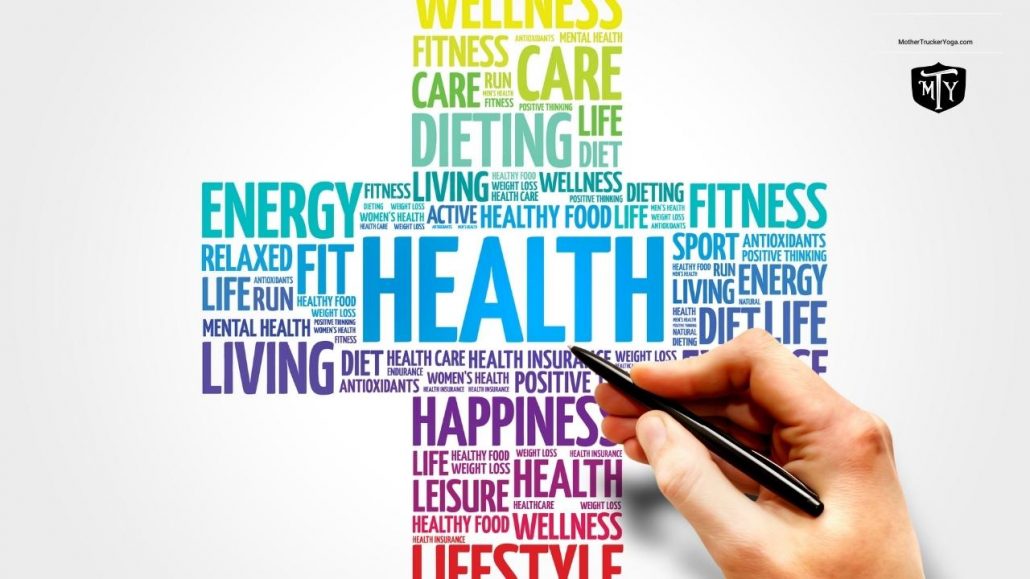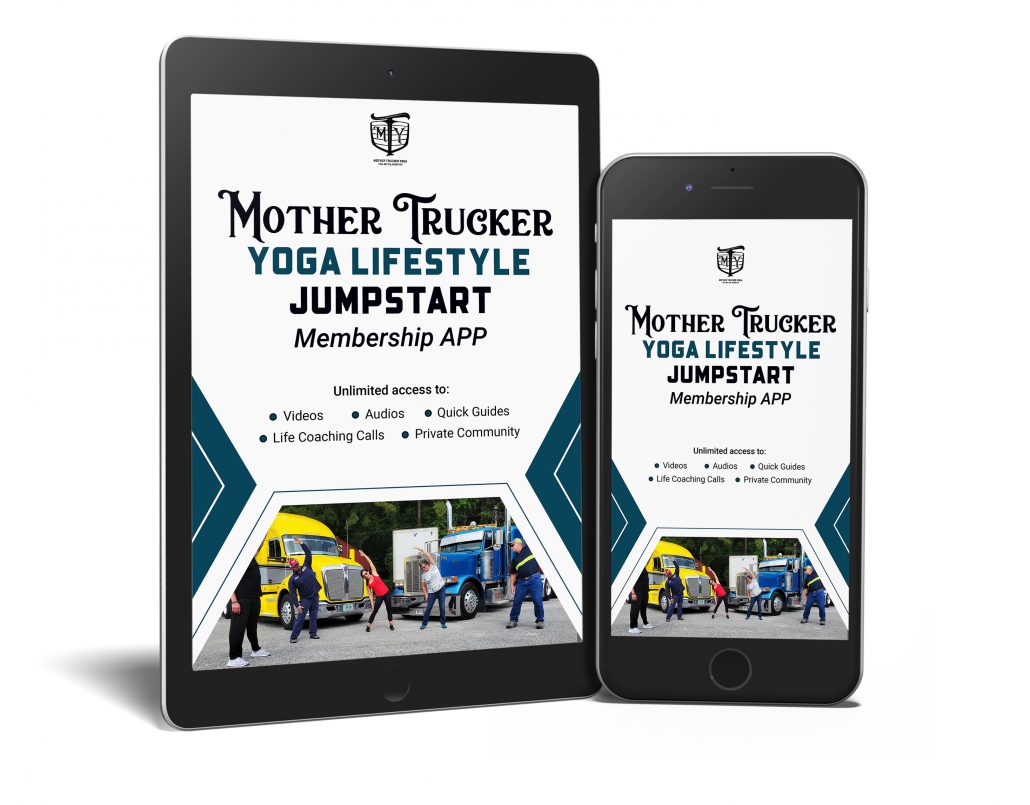Be a Happier Driver: 10 Ways Being Thankful Impacts Mental Health
“I think the first question we should ask ourselves is “what IS gratitude”? When you look up the definition it talks about kindness, but to me what is most important is gratitude is the act in which we “return” kindness. Be a Happier Driver
10 Ways Being Thankful Impacts Mental Health
Gratitude is what keeps the cycle of kindness going.
It not only returns the favor to the giver of kindness, but it can transfer it to the next in line. It makes me think of the concept of Random Acts of Kindness, which are really gifts to someone new in the form of kindness that one was shown from another. Gratitude keeps us in that cycle of kindness towards one another. And when we step out of that cycle that is typically when you see people start to only think of themselves. Where the mountains in their own lives get too high to see over or even look back from and kindly help another up. And that not only affects their health but those around them as well.
An article from VeryWellMind noted that “gratitude is a positive emotion that involves being thankful and appreciative and is associated with several mental and physical health benefits. When you experience gratitude, you feel grateful for something or someone in your life and respond with feelings of kindness, warmth, and other forms of generosity.
They went on to say: “In general terms, gratitude stems from the recognition that something good happened to you, accompanied by an appraisal that someone, whether another individual or an impersonal source, such as nature or a divine entity, was responsible for it,” explain researchers Lúzie Fofonka Cunha, Lucia Campos Pellanda, and Caroline Tozzi Reppold in a 2019 article published in the journal Frontiers in Psychology.”
What kinds of cycles are you caught up in? It might not be so bad to adopt this one.
This is where meditation comes in.
Meditation calls time out on us wherever we are in life to gain perspective, insight, and foresight. Meditation doesn’t necessarily change our lives, but rather changes our perspective on them and while we are currently in them. All the way down to our heart rate, our breath, and how we feel the feeling we currently have present in our bodies.
As someone who has survived a life strangling eating disorder and several mental health obstacles, meditation and yoga allowed me to see that I wasn’t the only one. To see despite my own mountains, I could still offer a handout. And when I did, something magical happened…I felt good. And when I felt good, I wanted to do good. It made me more grateful and focused on the good rather than derailed and dismantled by the mountains.
But unlike most. To me, meditation isn’t just sitting on a cushion for 20 minutes in a quiet room for 20 minutes twice a day. Meditation is the simple act of paying attention. Think of meditating in Times Square (pre-COVID). The busyness all around you and you standing still and observing. Not affected by the smells, sounds, sensations, or sights. You just take it in and appreciate it all. Notice it all, and notice your place in it all. Where instead of reacting, you are being present which will positively impact mental health.
So many of us are REACTING to life and that is because we are not in the moment, we are not practicing gratitude and this idea of a living meditation. We react when we are focused too much on the future and obsessing about the past. Your health is living proof of what being grateful and thankful can do for your life.
Try this:
A way to get back into the present moment is to take 30 seconds and mentally go through everything and everyone you can possibly think of and offer them a moment of gratitude. Feel it, see it, send it. Just like taking your medicine, this is your mental medicine.
So don’t just close yourself off in a room to practice meditation. See mediation as an opportunity to practice being present in your everyday life and that experience of being present will offer you the opportunity to practice gratitude through random acts of kindness. How? Because now you are more aware of the opportunities to do so.

The health benefits of positive thinking and being thankful
Increased life span. Lower rates of depression. … Better cardiovascular health and reduced risk of death from cardiovascular disease and stroke. Reduced risk of death from cancer.
The Mayo Clinic did research and discovered that positive thinking and gratitude create a great life!
Researchers continue to explore the effects of positive thinking and optimism on health. They found health benefits that positive thinking may provide include:
- Increased life span
- Lower rates of depression
- Lower levels of distress and pain
- Greater resistance to illnesses
- Better psychological and physical well-being
- Better cardiovascular health and reduced risk of death from cardiovascular disease and stroke
- Reduced risk of death from cancer
- Reduced risk of death from respiratory conditions
- Reduced risk of death from infections
- Better coping skills during hardships and times of stress
You don’t need to be a yoga person, a spiritual guru, or go to church every day to practice the art of gratitude and thankfulness. Try it out for a few days and notice how you feel. It’s hard to be angry when you are offering out thanks. When you shift gears mentally you can impact mental health immidately.
For another Daily Dose of Hope check out the Mother Trucker Yoga LIFESTYLE JUMPSTART Membership Platform & APP where you get access to Hope regularly alongside health and fitness-focused videos, audios, and downloads to help you get the most of out of your day, every day!
Try us free for 30 days with the code: MTY30

